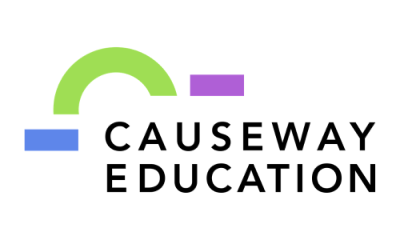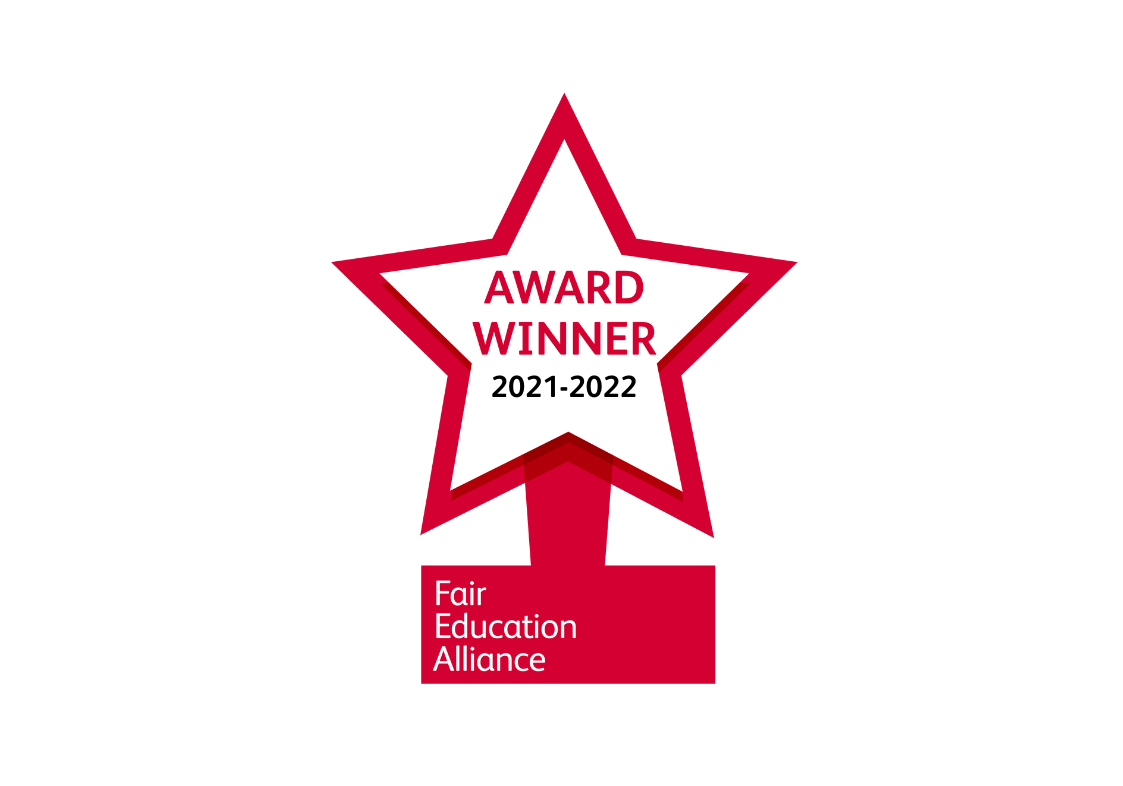Writing UCAS references in the time of COVID-19
/I do not envy the role of the teacher right now; some students in school, some not in school but everyone needing to be educated, exasperated parents asking you to set work, but not too much work and constant changes in guidelines being issued. For some reason everyone thinks you’ve only just reopened when you never actually closed and then of all people, Andrew Adonis, thinks you’re not doing enough compared to private schools and wants to start up the ‘lazy teacher’ chant that comes around at least every year. Thank goodness the summer break is here and we can all get away on a well-deserved…oh, maybe no.
In this context, the university admissions juggernaut moves on as though students had not had a day out of school and teachers have all remained at work. It seems that amidst this chaos there are still plenty of students applying to university. I am impressed by that, it’s not an easy time to be making future plans, I can barely make a choice about tomorrow’s dinner as the stock at my supermarket is so erratic.
This year applicants will face challenges their predecessors will not have faced, many of which will exacerbate inequality in mobility and which are evolving in front of us. It has been well documented that our most disadvantaged students have found working at home unsustainable and that this is having an impact on their achievement and progress. All students will find accessing work experience and online enrichment activities difficult, with a paradoxical excess and dearth of choice, and it is not hard to imagine that the students we most want to reach in order to widen participation will find these challenges most difficult to overcome without additional support.
There is a way in which we can speak for students and make their contexts and potential clear in a time when universities will have to be more flexible. The UCAS reference will be a way in which we can ensure that students have their best selves represented. Focus on students from under-represented groups is more important than ever as their usual support networks are regrouping after fighting so many fires. Since the aim at Causeway is to close the access gap, then we can certainly use the reference to do that. Why? Because state schools (and in particular comprehensive schools) are still wholly underrepresented at university, especially at the higher tariff institutions, and there is a chance a compelling reference help secure a student a place.
References have always represented a challenge for those who have to collate them and it is vital to see every part of the chain of writing as equally important to the next. For a start nearly all subject staff have to be involved, so whereas only a couple of people might be support in final UCAS applications, who may have extensive knowledge, there can be significant cumulative work if this is to be affective. To schools, references can present a large burden.
It is difficult for teachers further down the chain, writing comments on their subjects, to see a return on their efforts. Here communication is key; clear expectations and examples of good practice, praise for those whose comments are precise and specific enough to be helpful,and feedback to those who need to go back and add detail. To make that job a little easier I have written a checklist of things to remember, and some additional pointers on how to write about COVID-19. Thanks, as ever, to the University of East Anglia, who always answer my requests to get a university’s side of the story.
Think of yourself as a facilitator, not a gatekeeper
This is more of a mindset issue. The role of writing a reference is not to give a personal opinion on whether a student should get into university or not, but to share the skills and potential a student has to study that course. Your comments are a part of the student’s application and should be seen as a support of that. The university will decide if they want to accept a student so don’t feel you have to do the job of university admissions team for them.
Imagine the transformational experience that university can be. Their opportunity to experience that should be decided from the strongest whole application that can be written.
Contextual paragraph
Does the contextual paragraph give statistical information on the size, pattern of qualification taken, average grade profile, progression rate to HE and deprivation indicators? It is vital that you outline what your institution’s ‘normal ‘ is at the start of the reference; the sort of school or college is it, the numbers of students on free school meals, the typical pattern of qualifications that student take, and any other information you think will help show how the student can be seen as an individual against your school or college backdrop. This is not a public advert for the school, so you don’t need to ‘sell’ your school. Simply be realistic about it and the challenges you and your students might face, particularly in the recent context. How your school and community have been able to respond to the COVID crisis is an important thing to include. Factors such as students access to technology and staff absences may have had real impacts on the students’ experience. Some schools, as with individuals and families, were more suitably set up to respond to the situation, mostly through luck. This is not about blaming the school or looking at shortcomings in provision at an unprecedented time. It is about being honest about factors which may have affected the students’ progress.
If a student is getting A*AA at A-level then they are nearly always considered hard-working and bright, but if the average A-level result at your sixth form is BBB, and half of the cohort take BTECS, then it is easy to see that this student is exceptional, even by A*AA standards. Use statistics and leave out any school jargon. I have heard university outreach officers suggesting schools just add links to the school website instead, but I just cannot imagine the information you are writing in the reference will be clearly displayed on your website and I can’t imagine admissions teams having that long to look, so I am advocating for a more tailored and specific approach.
Personal Reference
Key academic messages
The statement of a candidate’s academic suitability for their chosen course should focus on skills in the subject and allied areas, not on personal traits which make them a good student in general. Try not to focus on soft skills that make the student a nice presence to have in the class, but on really specific areas of the subject that they will need to study it further.
Any statement of a student’s academic potential/progress should be fully contextualised in the class and in the school. If a student is a predicted a B grade, but this is the best the school has every seen in a new or challenging subject, make that known. If possible, go further. “One of the best students this year” is not as strong as “ X’s GCSE grades puts them in the top 5% of their year group”. If a student has made real progress in the past few months and you have reason to believe that given time they would have exceeded their predicted grade, then that is a real indicator of potential, but needs to be reinforced with specific detail about assessment.
Reasons for predicted grades being higher/lower than GCSE results might suggest
If there is any discrepancy between the predicted grades and a students performance up until now, explain that in positive detail. For example “X has started this year with a new attitude for their subjects and their efforts are the reason they have been predicted such grades”.
If there have been special circumstances or disruption to education which affected the student’s GCSE studies or have affecting their studies currently, these should be explained clearly and without hedging anything. If a student has been acting as a main carer during lockdown, had difficulty accessing technology or has had any other circumstances which have affected their ability to engage with schoolwork, these are relevant.
If the school was not or has not been able to offer certain courses or as many session with specialist teachers as it would have liked, it is important to recognise any impact this may have had on students’ progress.
Subject paragraphs
When writing a paragraph as a subject teacher, focus on the skills developed over the course and if possible, link this to the subject that the student is applying for at university. I know that some staff don’t always know this, but where you can find out, do. If the member of staff responsible for collating the references works from reports, these need to be written in a style that is easily transposed into a reference. Clarity on expectations at an early stage makes the next steps flow more easily for everyone. Ensure that everyone involved in the writing process understands the importance of getting it right, this year more than ever.
Show what average is at your institution
If a student is getting A*AA at A-level then they are nearly always considered hard-working and bright, but if the average A-level result at your sixth form is BBB, and half of the cohort take BTECS, then it is easy to see that this student is exceptional, even by A*AA standards.
It is vital that you outline what your institution’s ‘normal ‘ is at the start of the reference; the sort of school or college is it, the numbers of students on free school meals, the typical pattern of qualifications that student take, and any other information you think will help show how the student can be seen as an individual against your school or college backdrop. This is not a public advert for the school, so you don’t need to ‘sell’ your school. Simply be realistic about it and the challenges you and your students might face, particularly in the recent context. For example, if many of your students have struggled to access technology or space to work, this is relevant in letting a university understand the support you may have been able to offer. Use statistics and leave out any school jargon. I have heard university outreach officers suggesting schools just add links to the school website instead, but I just cannot imagine the information you are writing in the reference will be clearly displayed on your website and I can’t imagine admissions teams having that long to look, so I am advocating for a more tailored and specific approach.
Predicted grades
This is tricky at the best of times, but when school is out, how did you make these and how different were these grades from last year? Try and reassure the university that your approach is robust and represents the best option in the circumstances. If a student’s predicted grades are lower than perhaps they would have been in normal circumstances, and there are clear reasons; perhaps they were home schooling a large family of younger siblings, or a family member has been ill, this is all relevant.
Exceptional circumstances
You’re kidding right, could this year be any more exceptional?
The attached checklist has more details but don’t forget to highlight anything at your institution that may have had an impact on learning. For example, a long-term supply teacher taking part of the course, or non-specialists teaching a subject – these count and sadly are increasingly common.
Individual circumstances are important too – if a student is estranged from their family, or a young carer, these challenges will have compounded those of school closure.
This is not a school report
Use your mark books to see the best piece of work a student has done rather than offering an evaluation of how they should improve. Remember, you are supporting their application, not offering your opinion about their suitability. You should not be dishonest clearly, but this is about showing the best of the student.






